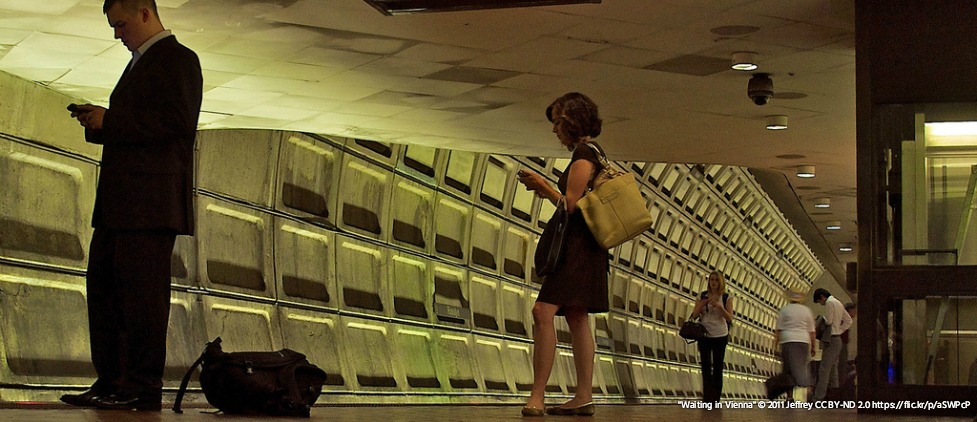Germany wants G20 leaders to agree to a concrete plan – one that includes affordable Internet access across the world by 2025, common technical standards and a focus on digital learning.
Today, the G20 economies, like so many other economies around the world, are digital and interconnected. Digital services have opened up new avenues for sustainable economic growth. But, the digital economy will only continue to thrive and generate opportunities for citizens if the Internet is strong, secure, and trusted. Without this foundation, the global digital economy is at risk.
Currently, there are 360 million people that take part in cross-border e-commerce. 28% of output in mature economies is digital. The Internet is set to contribute $6.6 trillion a year, or 7.1% of the total GDP in the G20 countries. And, by 2020, it’s estimated that more than 1 billion users will be added and there will be 30-50 billion additional connected devices. This level of interconnection will only boost the market.
However, this cannot happen without a serious commitment by all parties to security and privacy. The truth is that economies can only function within a secure and trusted environment.
Which brings us to encryption.
Strong encryption is an essential piece to the future of the world’s economy and the Internet Society believes it should be the norm for all online transactions. It allows us to do our banking, conduct local and global business, run our power grids, operate, communications networks, and do almost everything else.
Encryption is a technical building block for securing infrastructure, communications and information. It should be made stronger and universal, not weaker.
However, rather than being recognized as the way to secure our online transactions or our conversations, all too often the debate focuses on the use of encryption as a way to thwart law enforcement.
To undermine the positive role of encryption in the name of security could have devastating consequences.
Many great minds have already devoted considerable effort to resolving the conundrum posed by competing public policy objectives: providing security, safety and trust on the one hand, and law enforcement and legitimate policy goals on the other. But, it is time to stop kicking the encryption football up and down the field. Instead, we should recognize that encryption is key to the future digital economy and stop treating it as simply an obstacle to law enforcement. We need to deconstruct the issues faced by law enforcement and policy makers and agree together how we can achieve a trusted digital economy underpinned by encryption.
This is the first time the G20 countries are holding a Ministerial on digital matters. It is also the first time that the G20 is inviting non-government stakeholders to contribute to these issues. This is a turning point that should not be missed. All views, including the technical perspective, must be at the table if we are to achieve progress on the G20’s ICT goals.
If the G20 countries are serious about strengthening their economies and continuing to deliver economic and social prosperity to their citizens in future, there are three key principles they should endorse and implement immediately:
1. Encryption is an important technical foundation for trust in the digital economy and should be the norm. All users (whether government, business or individual) should use encryption to protect infrastructure, communications and the privacy and integrity of their data. Encryption technologies should be strengthened, not weakened.
2. The security of the digital economy is a shared responsibility that needs the expertise and experience of all stakeholders, across border and across disciplines. It is an urgent need that will require open, inclusive collaboration.
3. Users’ rights should be at the heart of any decisions related to the digital economy. They are both the customers and the contributors to the success of the digital economy.
The Internet Society calls for ubiquitous encryption for the Internet. We strongly believe that this is the best foundation for trust in the digital economy, and we urge the G20 nations to stand behind encryption.
Read more:
- Encryption is key for a trusted Internet, by Walid Al-Saqaf, ISOC Board of Trustees Member
- Encryption is critical for business communication, by Dan York
- Our encryption page, with pointers to articles, projects and resources
